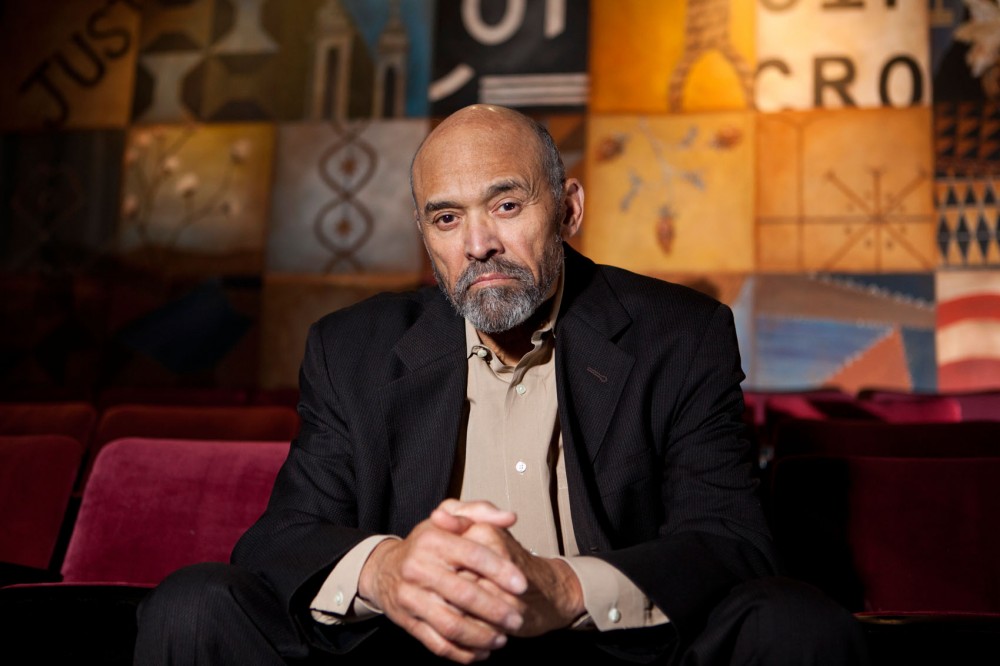The Penumbra Theatre in St. Paul is a story of African American experience. Since its founding on the wave of the Black Arts Movement, the artistic arm of Black Power, the Penumbra has staged more than 150 performances of African American drama and guided the narrative of Afro thought in American theater.
A new book published by the University of Minnesota Press, “Penumbra: The Premier Stage for African American Drama” by Macelle Mahala, a University alumna and assistant professor of theater arts at the University of the Pacific, explores the history of the theater as an artistic and community catalyst in the Twin Cities and beyond.
In 216 pages, Mahala tells a series of concise and vivid stories of the Penumbra’s development. Given the theater’s recent financial uncertainty — last year, the season was halted and more than 1,400 donors raised $359,000 to keep the lights on — Mahala’s book is a welcome reminder of just how important the Penumbra is.
Before the theater’s establishment in 1976 (Twin Cities theater trivia: The West Bank’s Mixed Blood Theatre was founded the same year), few opportunities existed in the Twin Cities for actors of color. While the establishment of the Guthrie Theater in 1963 helped raise local theater to a more prominent stage, most performances at the time were lily white.
According to Mahala, in the first 28 years of Guthrie performances, only one was outside of the white cultural narrative.
Penumbra “provided a much-needed cultural alternative to the kinds of plays … offered by the predominantly white theater institutions of the Twin Cities,” she wrote.
The book emphasizes how Penumbra worked to exist “inside” of the African American social and political experience, developing the artistic strengths of the company while staying rooted to the streets outside the Hallie Q. Brown Community Center, where the group performs.
From the Penumbra’s holiday mainstay “Black Nativity,” a retelling of the biblical nativity story with an all-black cast, to its relationship with Pulitzer Prize-winning playwright August Wilson and its modern push for intercultural collaborations, Mahala’s historical telling shows how the theater’s productions maintain their purpose as an active mirror of society and embrace the idea of “art for social change.”
Mahala writes with frequent and lengthy quotations from those directly involved with the action, giving the book an authentic, documentary-like feel.
Wrapped in the history of the theater is the story of founder and artistic director Lou Bellamy. He’s been at the Penumbra’s helm since day one and has fought to make the theater “a space where honest interrogation of the African American ethos could be made with minimal hegemonic influence from the larger society,” as he wrote in the book’s foreword.
Malaha’s book is not only an opportunity to reflect on what the Penumbra has achieved but also is a rallying call for why it should continue.
Title: Penumbra: The Premier Stage for African American Drama
Author: Macelle Mahala
Publisher: University of Minnesota Press
Pages of historical photo inserts: eight








